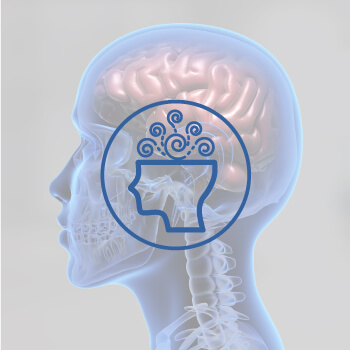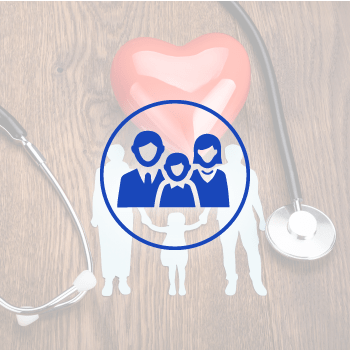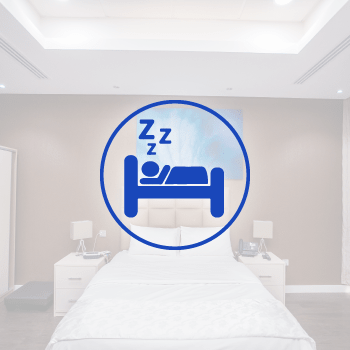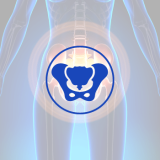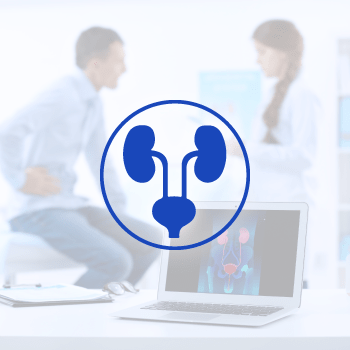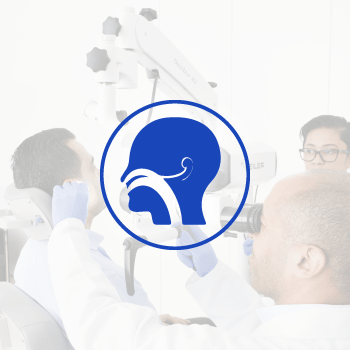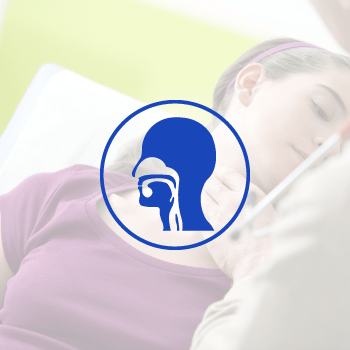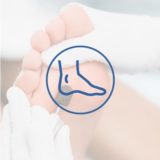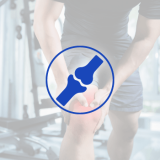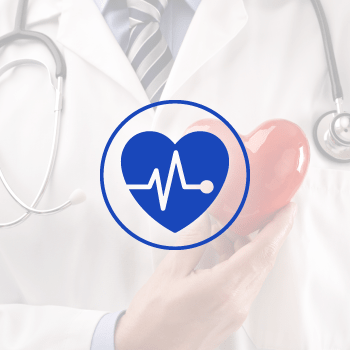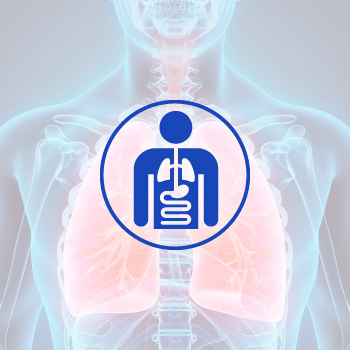What happens when you don’t get enough sleep?
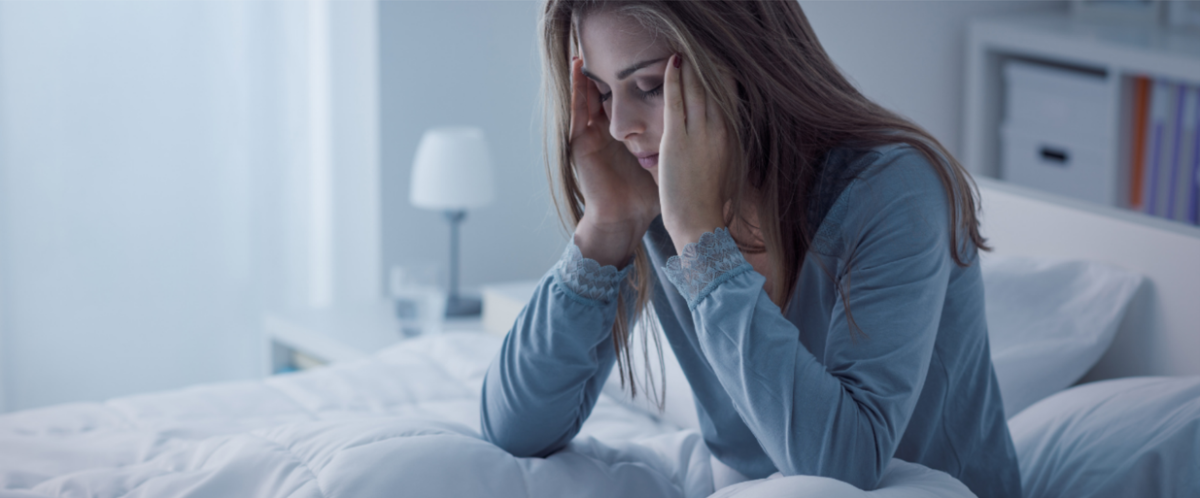
By Dr. Emna Ben Salah
Sleeping is a basic human need, like eating, drinking, and breathing. Like these other needs, sleeping is a vital part of the foundation for good health and well-being throughout your lifetime.
Most of us need around 8 hours of good-quality sleep a night to function properly, but some need more and some less.
As a general rule, if you wake up tired and spend the day longing for a chance to have a nap, it’s likely that you’re not getting enough sleep.
Sleep needs vary from person to person, depending on their age. As a person ages, they typically require less sleep to function properly.
According to the CDC (Centers for Disease Control and Prevention), the breakdown is as follows:
- Newborns (0–3 months): 14–17 hours
- Infants (4–12 months): 12–16 hours
- Toddler (1–2 years): 11–14 hours
- Preschool (3–5 years): 10–13 hours
- School age (6–12 years): 9–12 hours
- Teen (13–18 years): 8–10 hours
- Adult (18–60 years): 7-9 hours
- Adult (61–64 years): 7–9 hours
- Adult (65+ years): 7–8 hours
Sleep deficiency can lead to physical and mental health problems, injuries, loss of productivity, and even greater risk of death.
HOW TO ASSESS YOUR SLEEP QUALITY?
KICK START YOUR WEIGHT LOSS JOURNEY
WHAT IS CANDIDA AURIS?
WHAT IS CANDIDA AURIS?
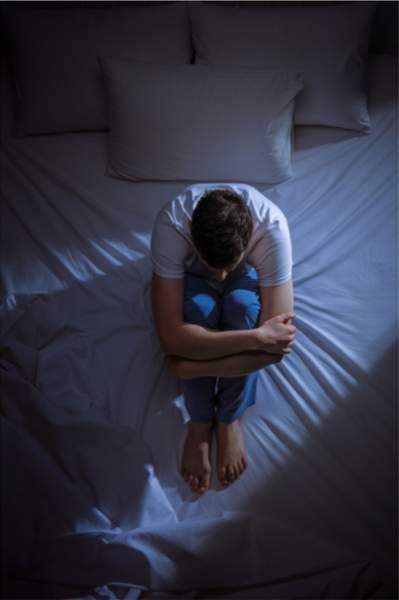
Risk Assessment
Determining the risks posed by insufficient sleep is complicated. Medical conditions are slow to develop and have multiple risk factors.
Short-term problems can include:
- Relationship stress. It can make you feel moody, and you can become more likely to have conflicts with others.
- Lack of alertness. Even missing as little as 1.5 hours can impact how you feel.
- Excessive daytime sleepiness. It can make you very sleepy and tired during the day.
- Impaired memory. Lack of sleep can affect your ability to think, remember and process information.
- Quality of life. You may become less likely to participate in normal daily activities or exercise.
- Greater likelihood for car accidents. According to the National Highway Traffic Safety Administration, drowsy driving accounts for thousands of crashes, injuries, and fatalities each year.
If you continue to operate without enough sleep, you may see more long-term and severe health problems. Some of the most serious potential problems associated with chronic sleep deprivation are high blood pressure, diabetes, heart attack, heart failure or stroke. Other potential issues include obesity, depression, immunity impairment, and lower sex drive.
Treatment for sleep deprivation
The most basic form of sleep deprivation treatment is getting adequate sleep, typically 7 to 9 hours each night.
This is often easier said than done, especially if you’ve been deprived of precious shut-eye for several weeks or longer. After this point, you may need help from a sleep specialist who, if required, can diagnose and treat a possible sleep disorder.
Sleep disorders may make it difficult to get quality sleep at night. They may also increase your risk for the above effects of sleep deprivation on the body.
The following are some of the most common types of sleep disorders:
- obstructive sleep apnea

- insomnia
- circadian rhythm disorders
- narcolepsy
- restless leg syndrome
To diagnose these conditions, you may need a sleep study. This is traditionally conducted at a formal sleep centre.
Suppose you’re diagnosed with a sleep disorder. In that case, you may be given medication or a device to keep your airway open at night (in the case of obstructive sleep apnea) to help combat the disorder so you can get a better night’s sleep regularly.
If you’re experiencing mild, occasional problems with sleep, try these simple strategies:
- Stick to a regular sleep schedule. Go to bed at the same time each night and get up at the same time each morning, including on the weekends.
- Keep your bedroom calm, dark, and quiet.
- Get enough natural light significantly earlier in the day. Try going for a morning or lunchtime walk.
- Stop watching TV and turn off any bright lights for 2 hours before heading to bed. Use a blue light filter on your computer or smartphone.
- Get enough physical activity during the day. Try not to exercise within a few hours of bedtime.
- Don’t eat or drink within a few hours of bedtime; avoid alcohol and foods high in fat or sugar in particular. Don’t consume caffeine late in the day.
- Relax and clear your mind in the evening, relaxing bath, reading a book, meditation…
Work with your health care team to identify obstacles to good sleep, including other medical conditions.
How to assess your sleep quality?
Pittsburgh Sleep Quality Index (PSQI)
The Pittsburgh Sleep Quality Index (PSQI) is a self-report questionnaire that assesses sleep quality over a 1-month time interval. The PSQI measures several aspects of sleep, offering seven component scores and one composite score. The component scores consist of subjective sleep quality, sleep latency (i.e., how long it takes to fall asleep), sleep duration, habitual sleep efficiency (i.e., the percentage of time in bed that one is sleeping), sleep disturbances, use of sleeping medication, and daytime dysfunction. Each item is weighted on a 0–3 interval scale. The global PSQI score is then calculated by totalling the seven component scores, providing an overall score ranging from 0 to 21, where lower scores denote a healthier sleep quality.
Go to our website to fill up our Pittsburg questionnaire and know your sleep quality. Visit our clinic for more detailed information on how to improve your sleep.
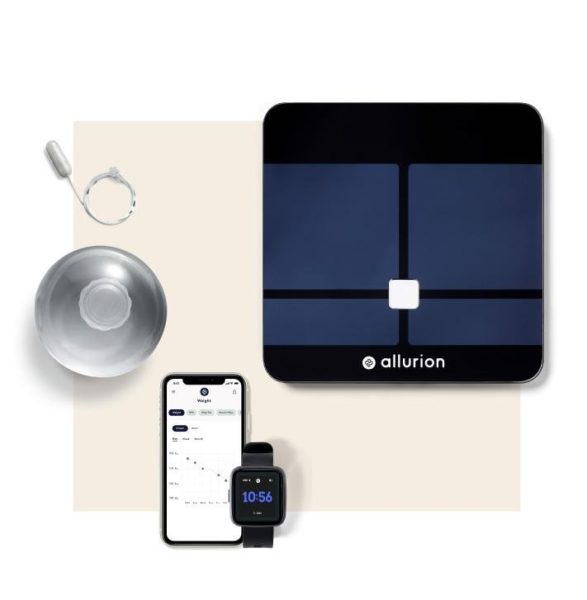
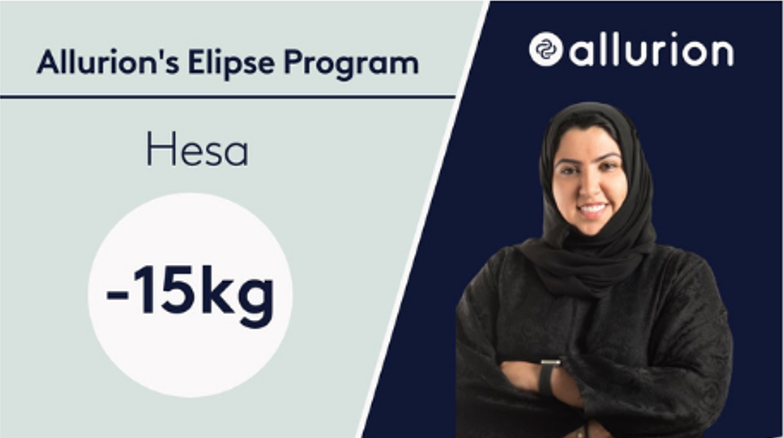
Kick start your weight loss journey with Allurion & Dr Hady Jerdak
Elipse Balloon Placement Package
Package 1
- 2 months medication before placement
- 3 months medication post-procedure
Package 2
- Four sessions Dietician Consultation
- Three days before placement
- Ten days after the placement, before starting regular solid food
- One month after session 2
- After four months – expecting the balloon to be naturally excreted
Package 3
- Physicians Follow up Consultation
Package 4
- Smart Scale
- Smart Watch
What is Candida Auris?
Candida Auris is an emerging fungus that presents a serious global health threat.
Find latest information on Candida Auris


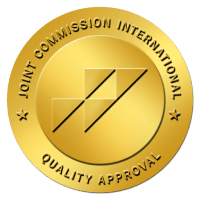
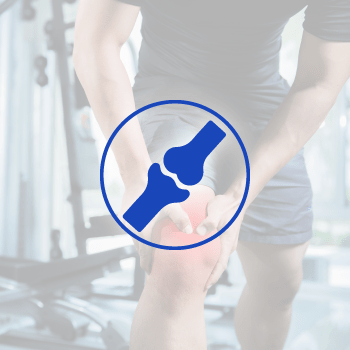 أنقر هنا
أنقر هنا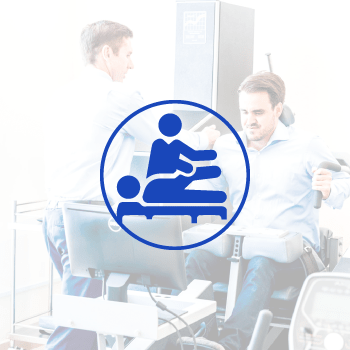 أنقر هنا
أنقر هنا
